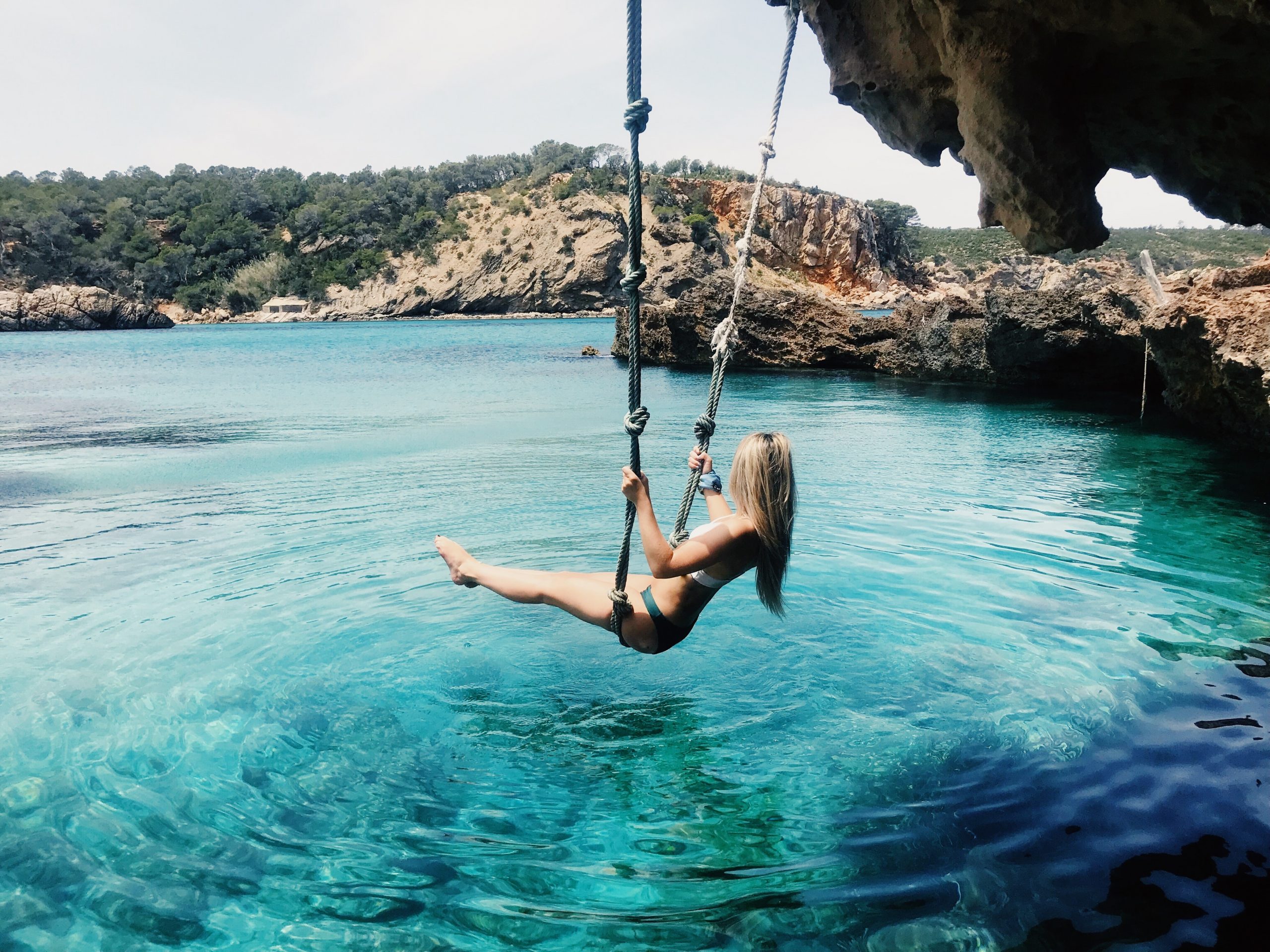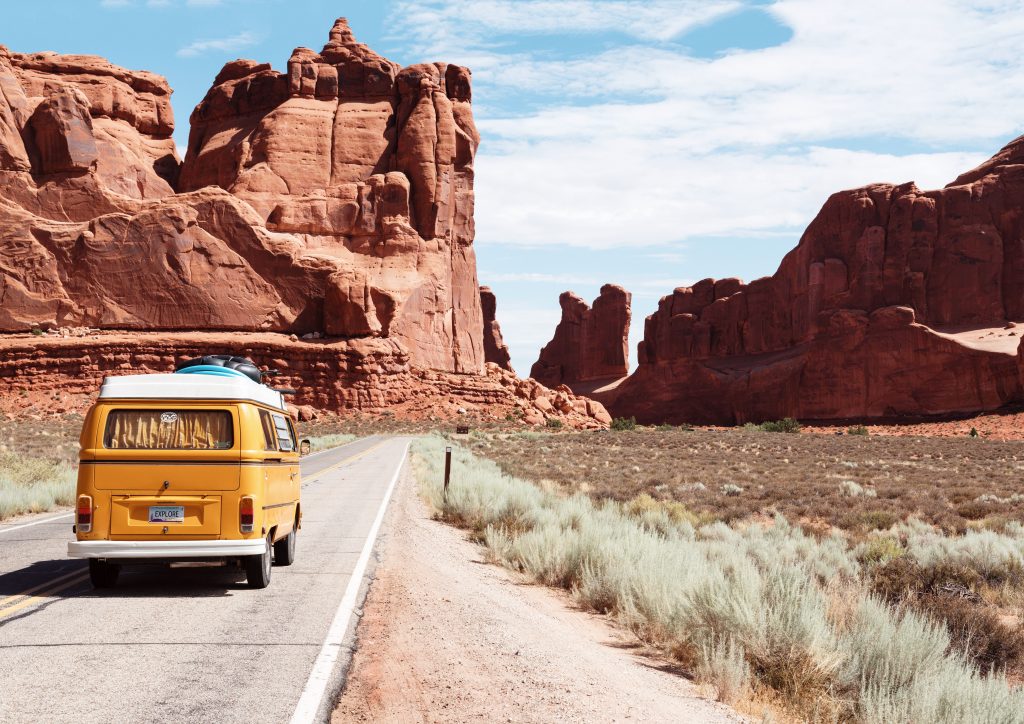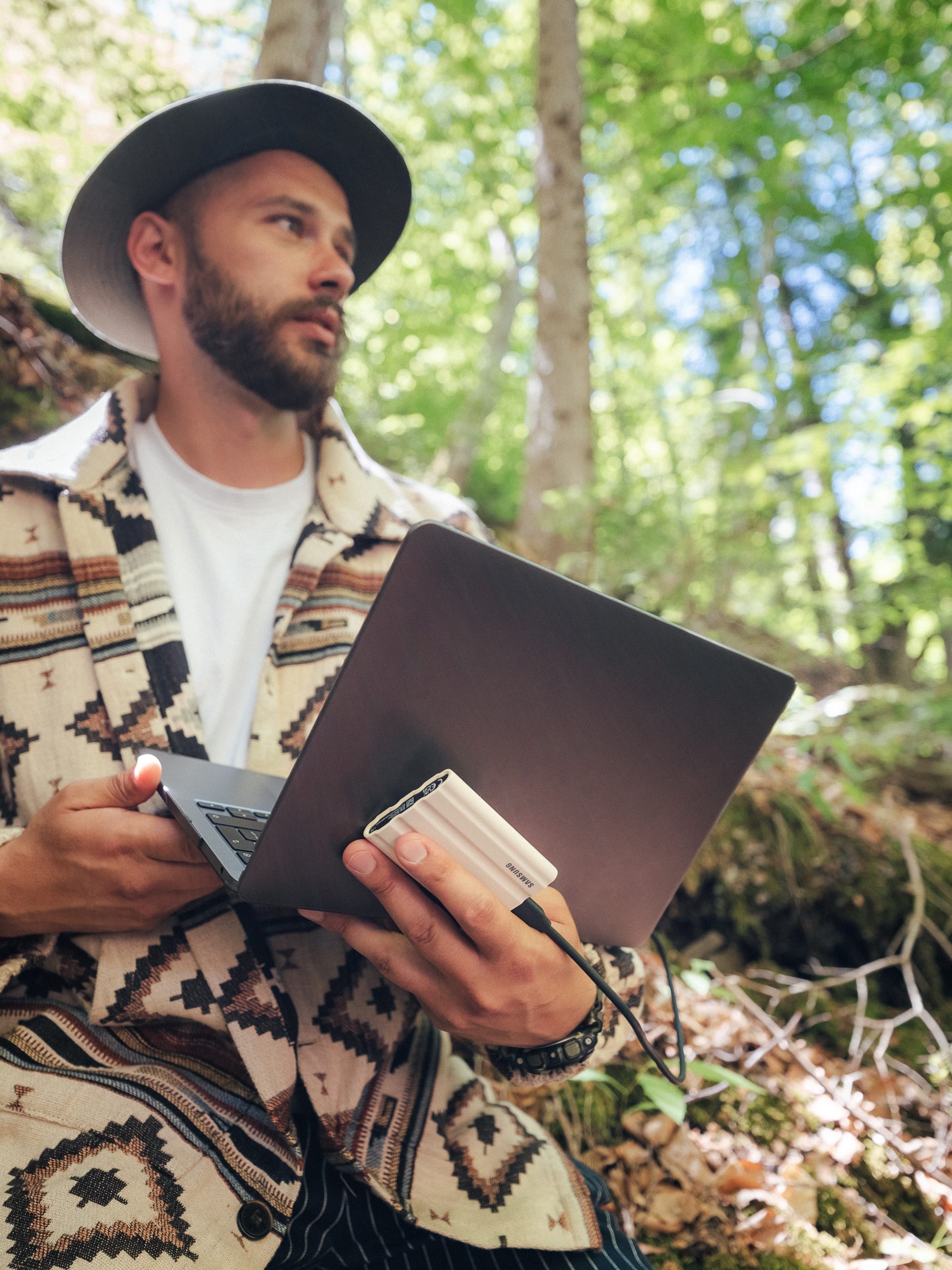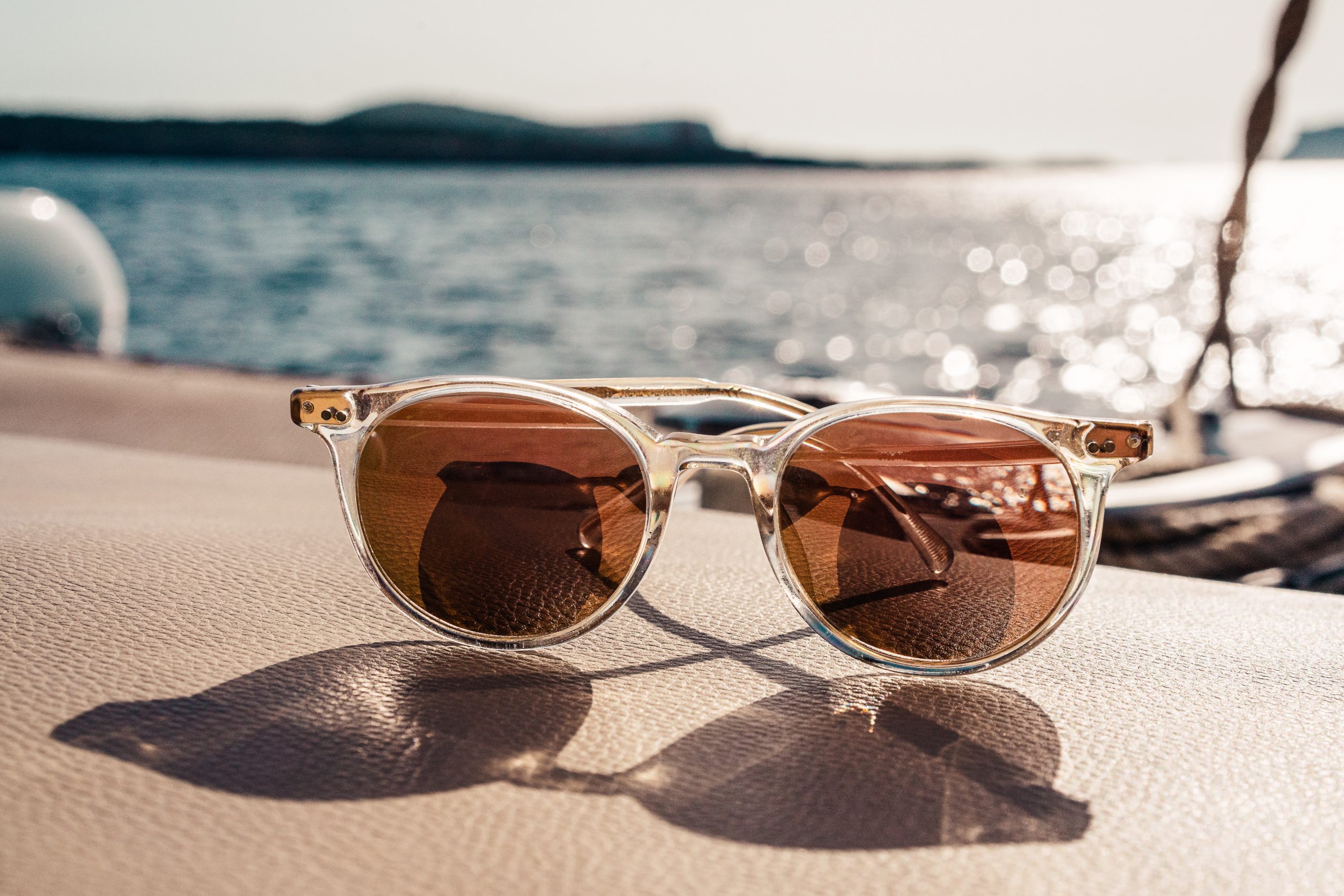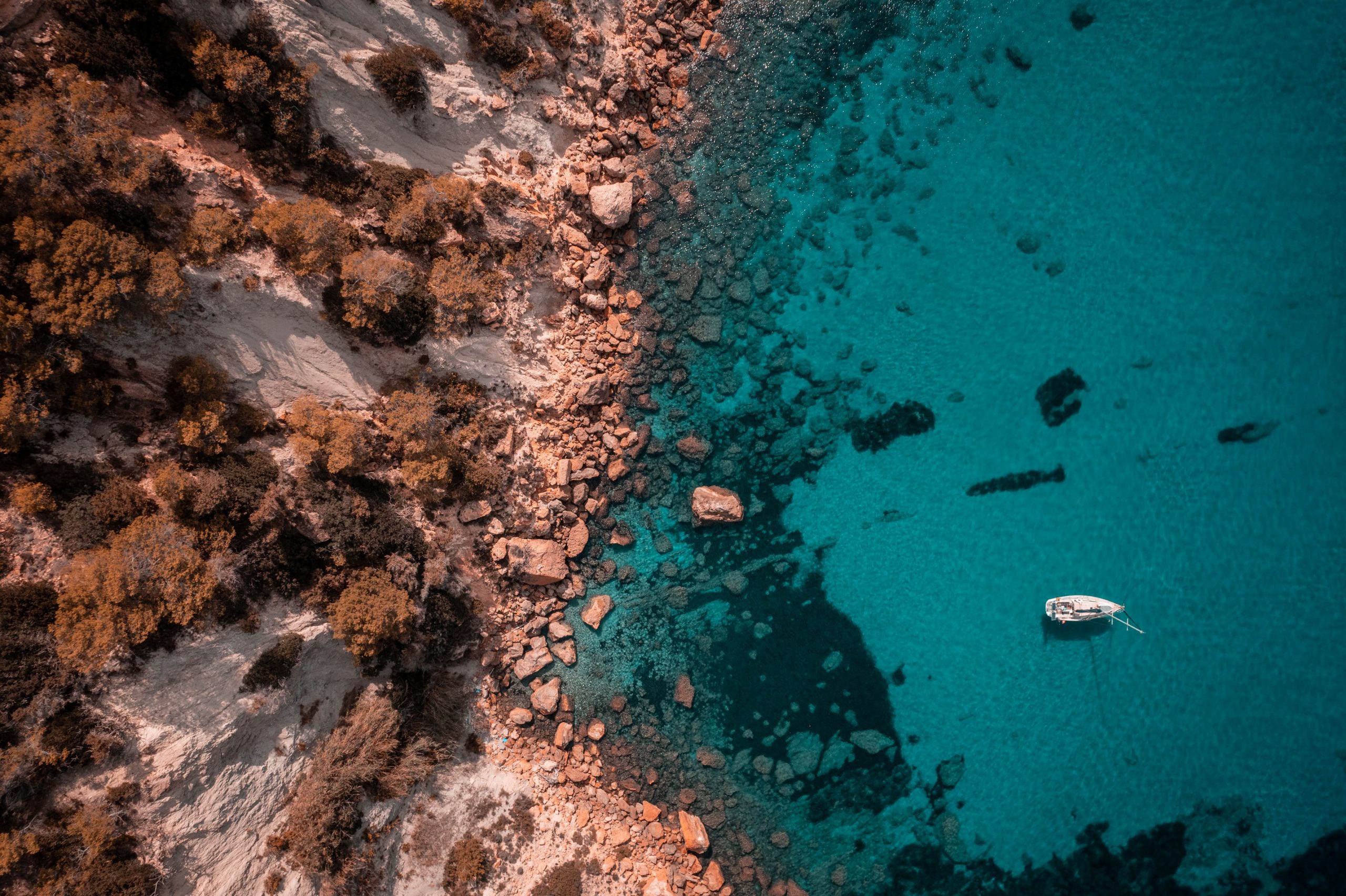Most people aren’t natural experts at traveling. It is a quality that can only be acquired via on-the-road experience.
You make a lot of travel errors in the beginning.
Missed buses, stupid decisions, cultural ignorance, and numerous small mistakes all contribute to the development of travel savvy. Then, one day, you start navigating airports with ease and assimilating into different cultures like a fish to water.
I put together this extensive list of my greatest travel advice that covers everything under the sun to help you realize your full potential as a travel ninja. I want to help speed up the process and help you avoid my mistakes (and I often make a lot of them).
Over the past twelve years, I’ve picked up these tips.
With these travel advice, you’ll be able to cut costs, enjoy more local experiences, meet people, sleep better, and generally be a better traveler.
The top 61 tips in the world are listed here without further ado:
Constantly bring a towel
It’s essential for both common sense and successful intergalactic hitchhiking. When you need it—whether it’s at the beach, on a picnic, or merely to dry off—you never know. Even though many hostels provide towels, it never hurts to pack one just in case, and a little towel won’t add much weight to your bag.
Purchase a compact bag or suitcase
You will be forced to pack lightly and refrain from carrying too much items if you get a small backpack (I prefer something around 35/40 liters). If you pack lightly but have a lot of spare room in your suitcase, you may wind up thinking, “Well, I guess I can take more,” only to later regret it. This is because humans have a natural tendency to desire to fill space.
Travel light.
Nomadic Traveling Matt poses for a picture in Hawaii
Wearing the same t-shirt several days in a row is OK. Take half the amount of clothing you anticipate needing. Not as much as you anticipate. Make a list of necessities, divide it in half, and only bring that! In addition, you won’t have much space for other items since you, as I said, purchased a little backpack!
But bring extra socks.
You’ll lose a lot due to wear and tear, hiking, and laundry gremlins, so bringing extra will be helpful. I don’t take any more than I actually need. A brand new pair of socks is the best!
Bring along an extra credit card and bank card.
Disasters do occur. In case you are robbed or misplace a card, it is always a good idea to carry a backup. You don’t want to be stranded without access to your money somewhere new. I’ve had cards duplicated and frozen before. I was unable to utilize it the rest of my journey. I was glad to have an extra because my friend didn’t and had to constantly beg money from me.
Ensure that you utilize fee-free credit cards.
Give banks none of your hard-earned cash. Spend money on your trips and keep it for yourself. Purchase a credit card and debit card with no foreign transaction or ATM fees. The little cash they take each time will really add up over a lengthy journey!
Venture out on your own at least once.
Matt the Nomad poses in the summer at the Villandry chateau in France.
You’ll discover a lot about who you are and how to take control of your life. Although that is a cliche, it is true. I learned how to take care of myself, interact with others, and navigate new circumstances by traveling alone. In addition to allowing me to be extremely egotistical and do anything I want, it has helped me feel at ease with who I am and taught me about my capabilities. If you’ve never done it before, it may take some getting accustomed to, but give it a shot at least once. Surprise yourself by making yourself uncomfortable. When you push yourself, you’ll gain useful life skills.
Have no qualms about using a map.
Being mistakenly placed in the incorrect neighborhood and appearing like a tourist is worse than being seriously disoriented. Use a map, ask for directions, and don’t be embarrassed if you appear to be a tourist. You are one after all! When I travel, I always use a map. It facilitates your travel to your destination!
However, don’t be scared to get lost on purpose.
A smart approach to get to know a new city, venture off the usual route, and avoid visitors is to wander aimlessly through it. You never know what kind of treasures you’ll unearth. I enjoy exploring new places and attempting to navigate without the aid of Google Maps.
Always stop by the regional tourism bureau.
They are informed of all local events. They may direct you toward cost-free activities, noteworthy events taking place while you’re there, and anything in between. Even transportation and activities are discounted there. They are there to assist you in having a more enjoyable trip. It’s remarkable how many visitors overlook this when they are there, but you, as a seasoned traveler, are aware of its value! Probably one of the world’s least-applied travel advice is this. Utilize the tourism bureau! Spend less!
Avoid purchasing a money belt; they are dumb.
Since thieves are aware that they exist, carrying one essentially says, “Look at me, I’m a tourist with money! “Scam me!” It will be simpler to find deals and avoid touts the more you can behave like a local and blend in. Keep a closer eye on your belongings if pickpockets are something that worries you.
Only bring what you absolutely need when you go out.
Reduce the amount of money and credit cards you take with you so that you can quickly recover if something does go wrong. Never travel with more than one ATM or credit card. I follow the rule of carrying no more than $50 USD in cash.
Always keep a lock with you.
They are useful, especially if you live in dorms and need to lock up your belongings. When traveling, keep a compact combination lock with you. Use one without keys instead since if you misplace the keys, you’re out of luck!
Make additional copies of your passport and other crucial papers.
Don’t forget to send yourself a copy through email as well. Never assume that you will always need to carry your original papers with you. Additionally, having a copy will be helpful for your police report if your passport is stolen.
Ask the workers at the hostel for advice even if you aren’t sleeping there.
All day, every day, hostel staff members deal with budget travelers. They know the exact locations of the cheapest restaurants and sights. They frequently reside there, thus they have extensive local knowledge. Ask them for any information you want. You can still stop by and ask for assistance even if you aren’t staying there. Usually, they’ll give it.

